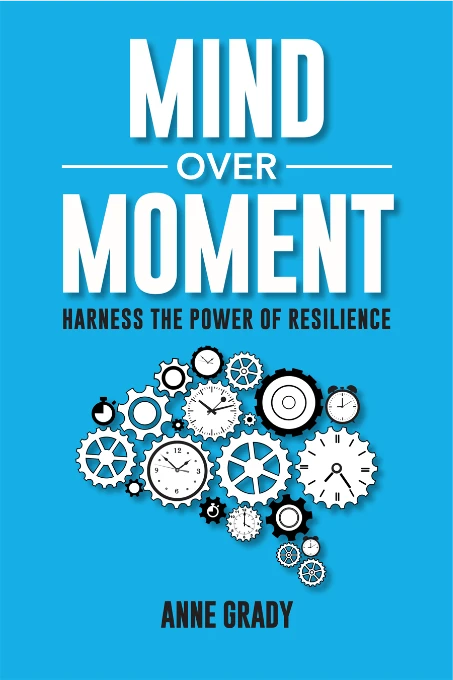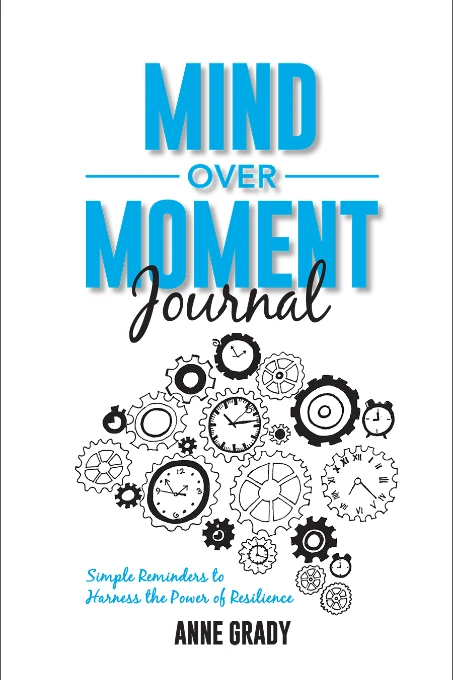5 Ways To Make Your Communication More Productive
5 Ways To Make Your Communication More Productive
5 Ways To Make Your Communication More Productive
Have you ever gotten a voicemail where you couldn’t understand the name of the person leaving the message, or the phone number was rattled off so fast you had to listen multiple times just to try to catch each number? Or maybe it’s the drive-by at your cubicle or office with uninvited guests that ends up taking fifteen minutes out of your day.
Sometimes we inadvertently make our life a whole lot more difficult than it needs to be. It’s time to help others help you.
If you want to make your life easier and more productive, try these communication tips:
1. Leave a message. “Missed call” is a cryptic message. People don’t know what you need, and now they have to spend time wondering – were you just calling to say hi? Is there something specific you needed? Leave a message.
2. Leave a specific voicemail. This doesn’t mean you should leave a 3 minute voicemail. Simply leave your name and number (slowly), why you are calling, whether it’s urgent or not, and when you’ll be available (if they even need to call you back).
3. What’s your favorite form of communication? Do you prefer texts, emails, phone calls, or would you prefer people just stop by your office or cubicle if they need something? It’s not rude to tell people your preference. It’s productive and helpful.
4. Ask if now is a good time. Before you interrupt someone, ask if it’s a good time. It’s polite, you’ll frustrate others less, and most importantly, you’ll train them to do the same for you. Interruptions take between 5 and 10 minutes to re-engage in the task at hand. Do your best to minimize interruptions from and to others.
5. Be mindful. People communicate the way they do because they think it’s the right way to communicate. We don’t generally intentionally frustrate others, and sometimes our approach, while not ideal, is the best way we know how. Be mindful of others’ communication preferences and be patient.
If you want to see other tips on increasing productivity through communication, check out these previous posts on improving productivity with Drivers, Expressives, Amiables, and Analyticals.
Letting people know what you need and being specific are simply forms of assertive communication. It lets you spend more time on the things that are important to you.
I would love to hear your suggestions. How else can you increase productivity through effective communication? Join us on Facebook for a discussion or leave a comment here.
Blog pull quote
Blog content Blog content Blog content Blog content Blog content Blog content Blog content Blog content Blog content Blog content Blog content Blog content Blog content Blog content Blog content Blog content Blog content Blog content Blog content Blog content Blog content Blog content Blog content Blog content Blog content Blog content Blog content Blog content Blog content Blog content Blog content Blog content Blog content Blog content Blog content Blog content Blog content Blog content Blog content Blog content Blog content Blog content Blog content Blog content Blog content Blog content Blog content Blog content Blog content Blog content Blog content Blog content Blog content Blog content Blog content Blog content Blog content Blog content Blog content Blog content Blog content Blog content Blog content Blog content Blog content Blog content
Subscribe to Anne's Resilience Reset Email!
Anne breaks down the daily habits and skills needed to grow and cultivate RESILIENCE.
If you can’t say something nice, don’t say anything at all.
Most of us are taught this simple lesson when we are kids. Unfortunately, it is not always practiced once we are adults. The human tendency to attribute our behavior to our intent and others’ behaviors to the type of person they are is referred to as the fundamental attribution error. Someone runs a stop sign, and we think they are a jerk. We run a stop sign and “oops”.
Regardless of our intentions, people only know what they see through our actions, and we only know what we see through the actions of others. In between our intentions and our actions lies a chasm.
How do you bridge the gap between intentions and actions? Try the following strategies 👆👆

Anne Grady is a Speaker, Author, and #TruthBomb Dropper.
Anne shares practical strategies that can be applied both personally and professionally to improve relationships, navigate change, and triumph over adversity. And she’ll make you laugh while she does it. Anne is a two time TEDx speaker, and her work has been featured in numerous media outlets, including Harvard Business Review, Entrepreneur, Forbes, Fast Company and Inc. magazines, CNN, ESPN, and FOX Business. She is the best selling author of 3 books. Her newest, Mind Over Moment: Harness the Power of Resilience, is available on Amazon now.
MAIN OFFICE
(512) 821-1111
BILLING & MAILING ADDRESS
P.O. BOX 5815 | ROUND ROCK, TEXAS | 78683






I try to be mindful of interrupting staff, but have always allowed an “open door” policy when they interrupt me, and sometimes that does hamper communication. I had never considered incorporating #4 into my communication style, but I will now. Thank you.
Hi Patrina,
Thanks for the comment! I think it’s the difference between an open door and a “cracked” door, as one of my clients taught me. There’s a difference between being available literally any time, and people knowing that they they are able to schedule a time to chat with you when needed and that your’re “available”. Thanks!